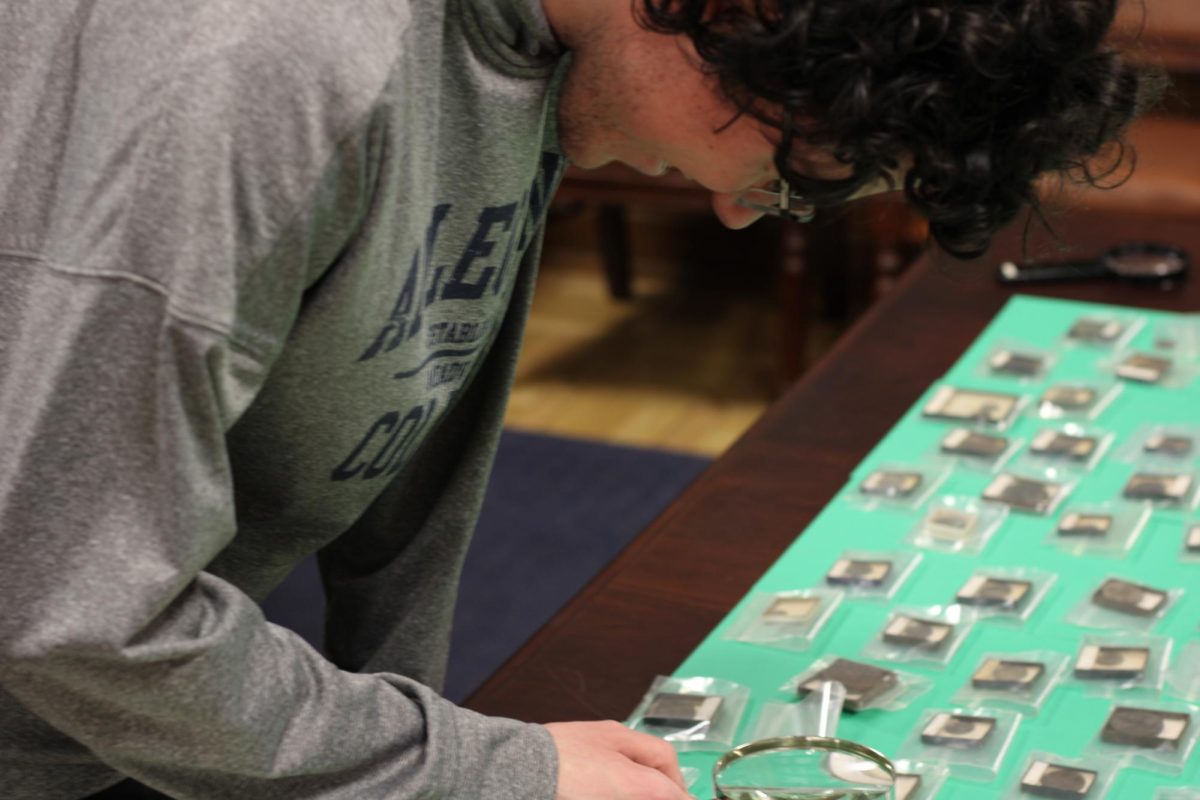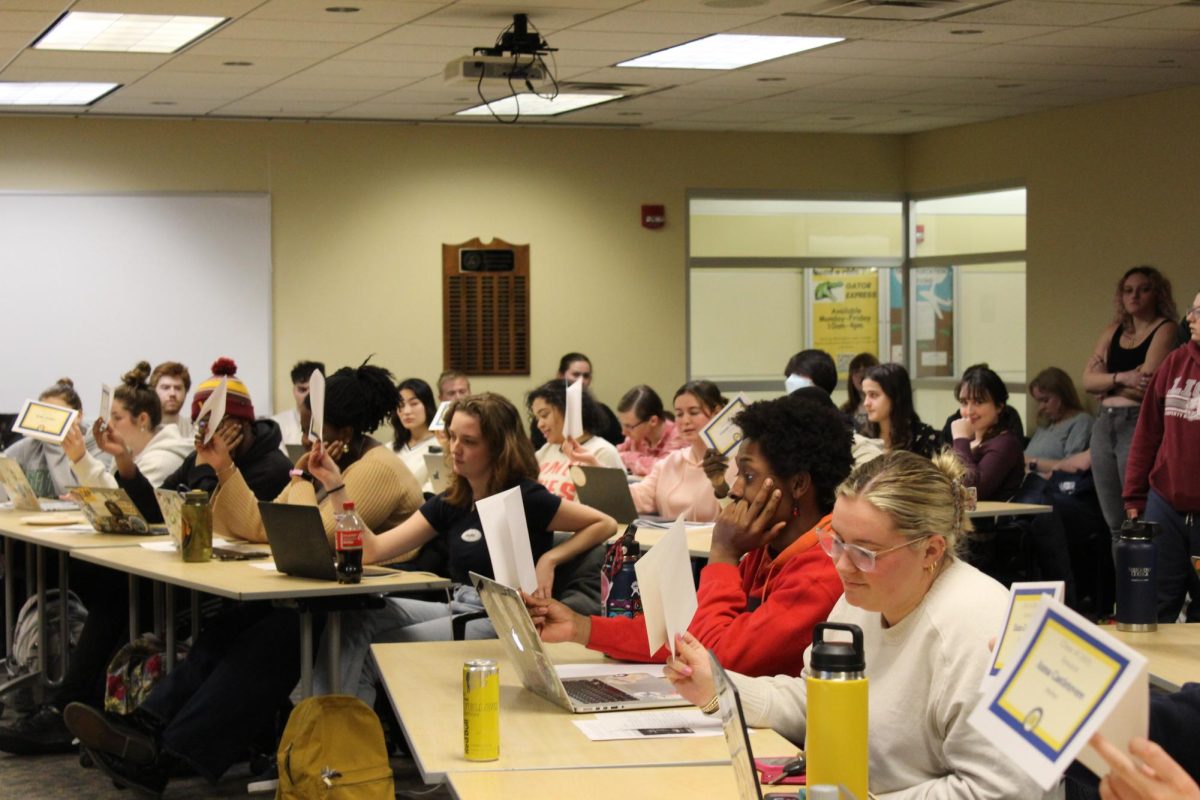The credit load amount at which students incur a course overload fee is being raised from 20 to 24 credits.
Provost and Dean of the Faculty Angela Haddad explained that the decision to up the credit cap was a result of discussions within the Finance and Facilities Committee and listening to student concerns.
“It certainly does provide enough bandwidth for students to explore, to consider a variety of options,” Haddad said.
Implemented for the class of 2026, the course overload fee is equal to the per-credit tuition fee for a given semester, according to the Financial Services website. For the 2023-24 school year, the fee is $2,263 per credit over 20 credits— $9,052 for a 4-credit course. Come next fall, students will not pay the fee until they reach 24 credits.
Haddad explained that there are several reasons for the fee.
“We set our tuition based upon what we think is a reasonable load of credits for students to complete in a semester, and that is what we build our tuition models on,” Haddad said. “In addition, in all honesty, you want to discourage students from taking too many credits. An overload of credits should be a rare situation, not a common situation for students to make progress towards their degree.”
What looks like too many credits on paper can prove to be not enough for some students, however. Olivia Alexander, ’26, and Graham Carr, ’26, were motivated to write a petition against the overload fee.
“We’ve done a lot of talking to a lot of people, and a lot of it’s hearing that people are upset,” Alexander said. “Freshman who are unaware of this, who are learning about this now, and seniors who keep saying to us, ‘I would not be able to graduate on time if I would not have overloaded.’”
Both Alexander and Carr participate in multiple choirs and musical groups, which interferes with their plans to major, minor and explore other areas of interest in their classes.
“I’m getting a lot of credits from the choir, which is great, and also unhelpful when it comes to the 20- credit limit,” Alexander said.
In their petition, which was circulated located in Grounds for Change and at tabling in the CC lobby earlier this month in early February, Alexander and Carr argued that the fee went against the philosophy of a liberal arts institution.
“The fees associated with overload credits deter students from exploring courses beyond their majors, hindering the development of a well-rounded, diverse student body,” the letter states.
The petition garnered around an estimated 200 signatures and was sent to Haddad along with President Ron Cole, ’87, and Chief Financial Officer and Vice President of Finance and Administration Linda Wetsell on Feb. 14. Unbeknownst to Alexander and Carr students at that point, a decision had already been made to increase the credit cap.
“The analysis was presented to FFC, they discussed it,” Wetsell said. “They made their recommendation of endorsement to the cabinet. Since it’s a policy, the cabinet is the one who blesses that and we have approved that.”
Haddad added that the petition only justified the decision.
“That conversation we had been working on for a while,” Haddad said. “I received the letter the day we were going to have the discussion with FFC. It was great to hear the students’ opinions and read about it, and it did solidify that we had made the right decision with the credit overload fee.”
Haddad also stressed that student input via Allegheny Student Government was one of the ways that concerns can be were addressed. ASG President Nicole Recio Bremer, ’25, explained that student involvement in ASG and non-ASG college committees — including FFC — is how student concerns can make their way to administration.
“The way students can get involved on campus and get their concerns raised through the proper channels … is by participating in college committees or also coming to our Ggeneral Aassemblies and raising concerns through different senators or just in ASG as a whole,” Recio Bremer said.
When the status of the fee changes in the upcoming semester, students will still be required to get approval from the registrar before overloading their schedule.
“Again, we want to wanna make sure that students are not overburdening themselves,” Haddad said.














